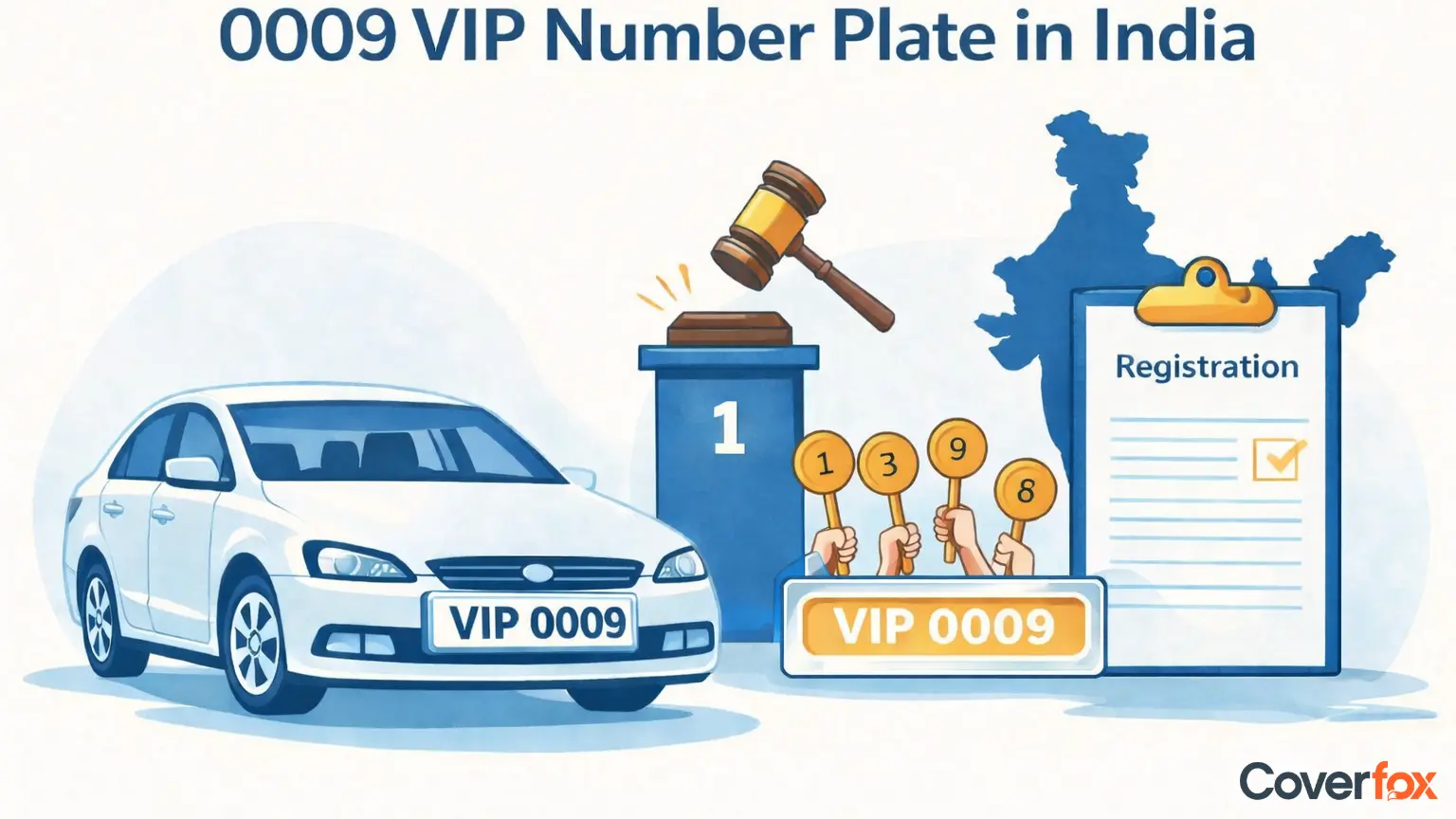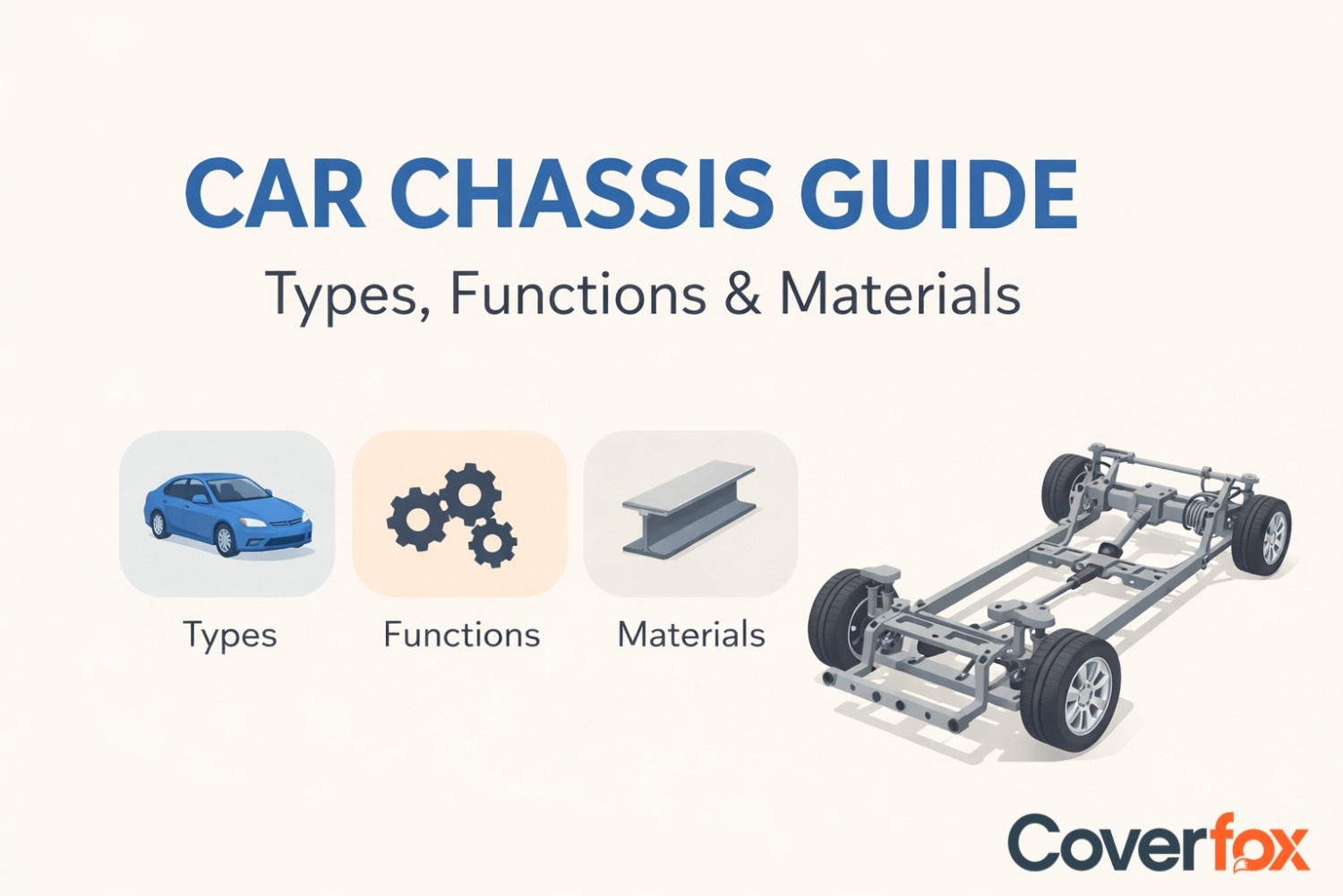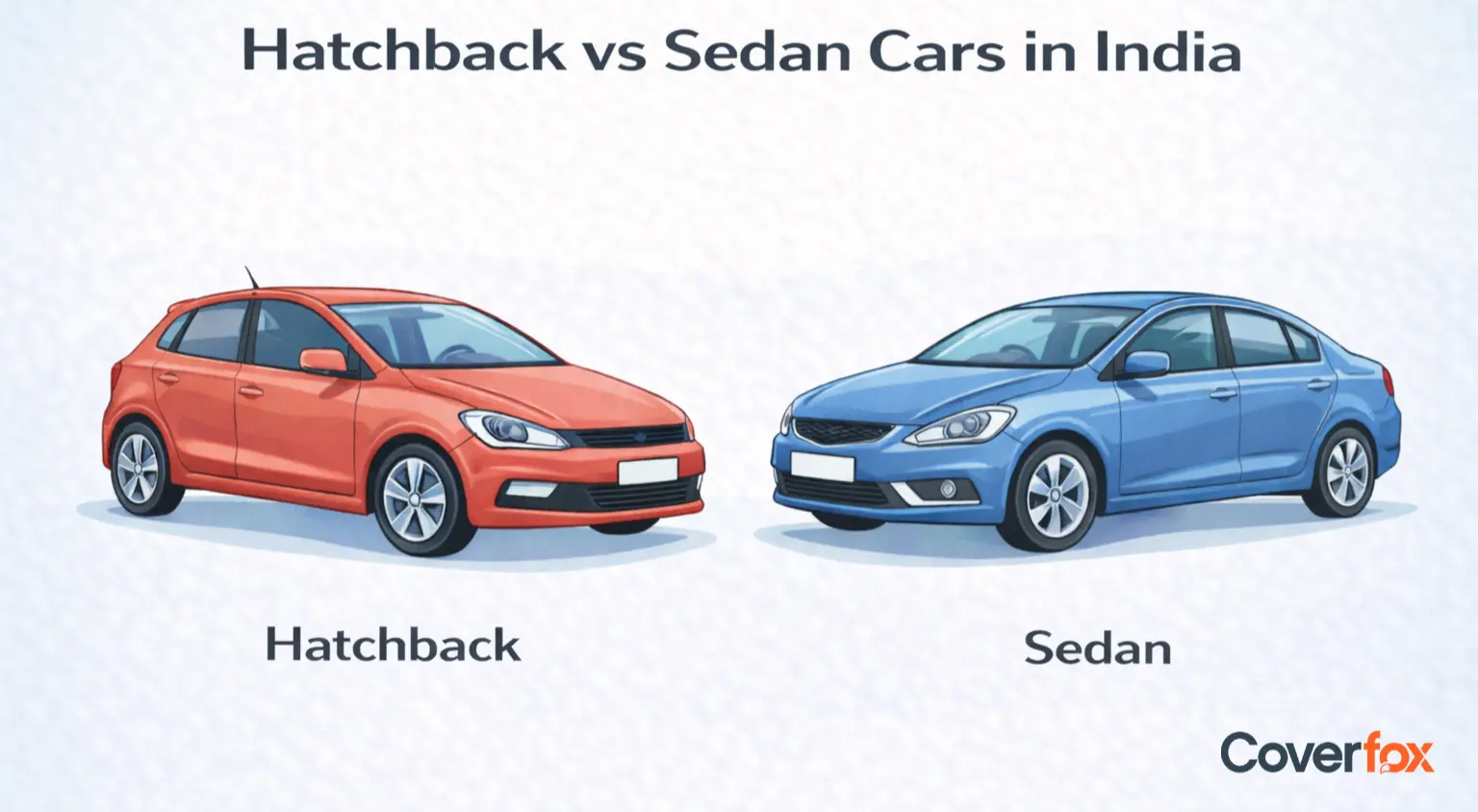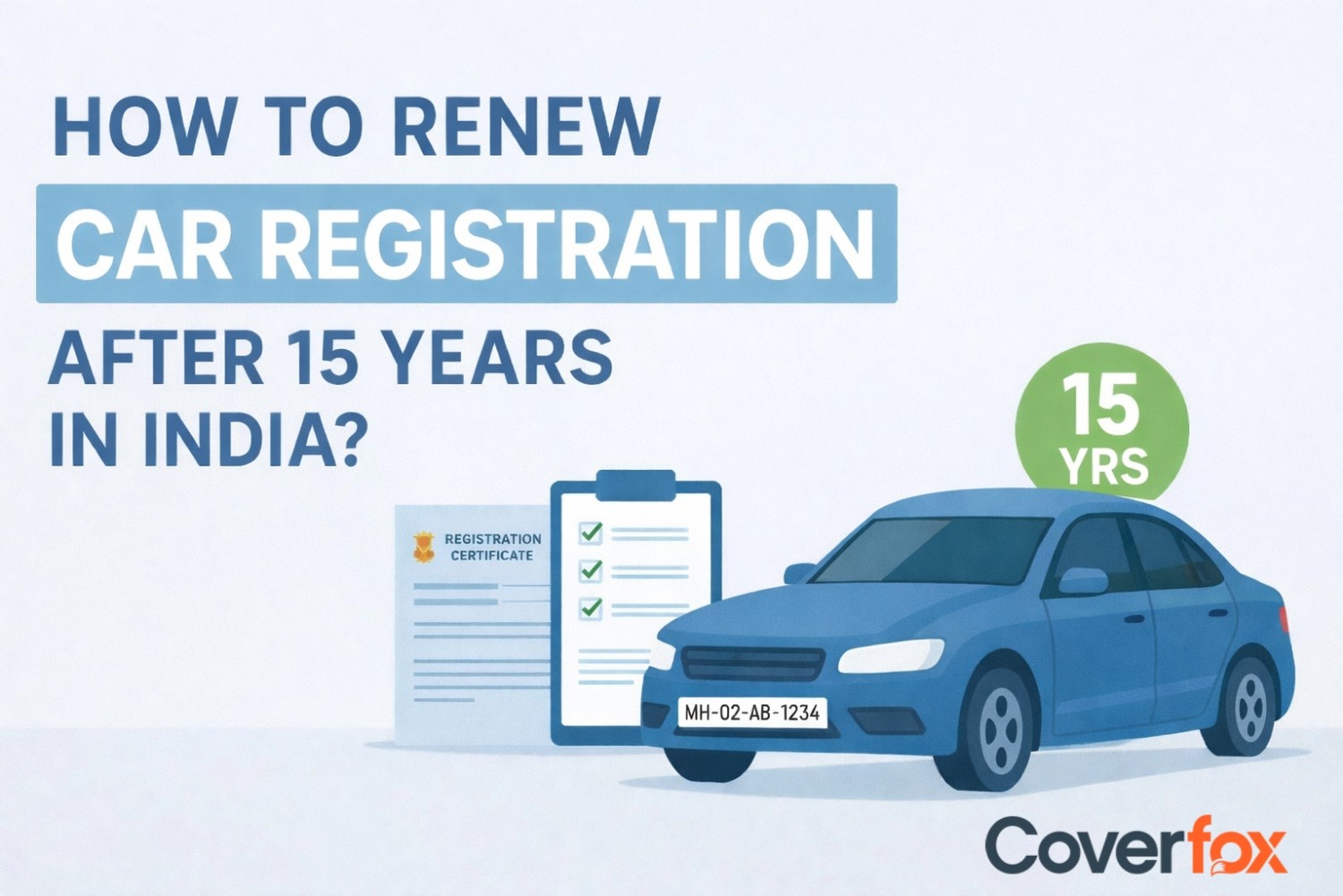Looking to buy a new car? Have a look at this specifications guide to find out what you need to consider while buying a new four-wheeler.

Today, the automotive industry in India is growing at a rapid pace, as we are among the top 10 in the world in this sector. India is considered as the next big centre by auto manufacturers. Change in lifestyle, growth in income and easy finance options have made it more favourable for the industry to grow.
Owning a car is one of the top most life goals to achieve for us in India. Hence, the journey of buying a car is a thrilling experience. Detailed research and well planned approach will make this journey even more enjoyable and pleasant. Once the thought of buying a car triggers, there are some basic things to keep in mind before going in for the purchase to make a rational decision. Let’s have a look at some basic specifications.
Determine Your Budget
The first and most important step in buying a new car is to fix a clear budget. This helps you shortlist cars within your price range and prevents unnecessary financial strain. A well-planned budget should also include on-road costs, insurance, and registration charges. Think about whether you’ll finance the car through a loan or pay upfront. Setting boundaries early makes the rest of the buying process smoother and more focused.
Research Different Models
Once the budget is set, research various car models that fit your needs. Compare specifications, safety features, mileage, and design to find the car that matches your lifestyle. Shortlisting two to three models makes the decision-making process easier. You should also check the latest launches in your segment, as newer models may offer better technology or fuel efficiency. Online portals, dealer websites, and auto forums can be great resources during this stage.
Body Type
Choosing a style of vehicle has become a difficult task considering the more diversified options available in the market. Your decision can be based on your budget, family size and the purpose that you use it for. Hatchbacks are meant for nuclear families with a comparatively smaller budget. On the other hand, sedans offer more comfort and luxury than hatchbacks. If you are a family with children and elderly people, MUVs (Multi Utility Vehicle) will fit into your needs. SUVs (Sport Utility Vehicle) or crossovers will serve the purpose if you are the one who loves off-roading.
Engine Type
Choosing between petrol and diesel is tricky for most of the car buyers. There are many things to consider while decision making which makes it even more complicated. Petrol engines are smoother compared to diesel. A Diesel car comes with cheaper road tax and low fuel cost with more fuel efficiency. However, diesel cars are costlier than petrol cars and they are also high on maintenance. Hence, your decision should be made basis the average monthly/daily running. If you are more frequent on the road, diesel is the ideal option and vice versa. There are also hybrid cars available in the market.
Fuel Economy
If you commute long distances more frequently, then mileage should be a key specification to consider while making a buying decision along with safety. Once you decide on the variant, you can look for the varieties available in the particular variant that you chose and compare them for their fuel efficiency rate. Efficiency will reduce your cost as well as lessen the pollution in the environment.
Safety
Safety features are the primary things to consider while buying a new car. Nothing is more important than the protection of you and your family. Essential features to consider are crash avoidance capabilities like ABS and airbags, child safety features, and driving comfort features like seat adjustment etc. You should always compare the safety features of different vehicles available in the segment that you chose. It is essential to check the safety ratings.
Depreciation
The Resale value of the car varies between automakers and models. All cars tend to lose their value over the years. A Wiser decision would be buying a car that holds relatively better value for the years to come. Luxury cars with high maintenance and repair costs tend to depreciate more. Hence, it is always better to purchase cars with reasonably high resale value.
Test Drive and Hands-On Experience
A test drive is essential before making a final decision. It gives you first-hand experience of how the car feels in terms of comfort, handling, acceleration, and braking. A hands-on experience often reveals aspects that brochures and reviews cannot. Pay attention to visibility, cabin noise, and seating comfort, as these affect daily driving. Try driving on both city roads and highways to get a complete feel of the car’s performance.
Additional Maintenance Cost
While the purchase price is important, long-term maintenance costs should not be ignored. Consider factors such as fuel efficiency, servicing charges, insurance premiums, and the availability of spare parts. These hidden costs can significantly impact overall ownership expenses. Luxury features may look appealing but often increase repair and upkeep costs. Factoring in resale value also gives a clearer picture of long-term affordability.
Car Insurance
Car insurance is a mandatory requirement in India. While buying a new car, it’s better to get the comprehensive cover (which covers the insured, third party and the vehicle) along with add-ons or insurance riders. You can always compare the policies among wide range of insurance companies to get the premium at relatively lower cost. Your selection of insurer should be based on the reliability of the company, reasonable rates they offer with maximum coverage, all time claim and also the speedy claim process.
Reviews and Ratings
Finally, check reviews and ratings from both auto experts and existing owners. Expert reviews provide insights into technical performance, while user reviews highlight real-world reliability and comfort. Together, they help you make a more informed decision. Pay attention to recurring complaints in owner reviews, as they often reveal long-term issues. A car with consistently strong ratings across platforms usually indicates reliability and value for money.
Conclusion
To conclude, knowing the basic specifications or factors to consider while buying a car will make your decision smarter and rational. Keeping in mind the specifications, you can choose some of the brands that you consider buying and test drive them to have the real experience. More research and proper planning will make the process of car buying faster and easier.
Explore More:
A Complete Guide to Buying a New Car
Top Things to Check When Buying Car Insurance in India
Avoid These Mistakes When Buying a Car Insurance Policy
Frequently Asked Questions
How to buy a car smartly?
You can buy a car smartly by setting a clear budget, researching models thoroughly, comparing prices across dealers, and considering long-term costs like insurance, maintenance, and fuel efficiency.
How do I choose the right car?
The right car depends on your lifestyle, budget, and usage. Consider factors such as daily commute, family size, safety features, and after-sales service before making a decision.
What’s the first step in buying a new car?
The first step is to determine your budget. This helps you shortlist models within your range and prevents overspending during the buying process.
How do I choose the right car model?
Compare specifications, safety ratings, mileage, features, and overall value. Reading reviews and checking ratings from both experts and owners can guide you to the best model for your needs.
Should I test drive multiple cars?
Yes, test-driving multiple cars is highly recommended. It gives you a clear idea of comfort, handling, performance, and helps you make a confident final choice.
How to reduce the car price while buying?
Negotiate with dealers, look out for seasonal discounts, exchange bonuses, and festive offers. You can also compare quotes from multiple dealerships to get the best deal.
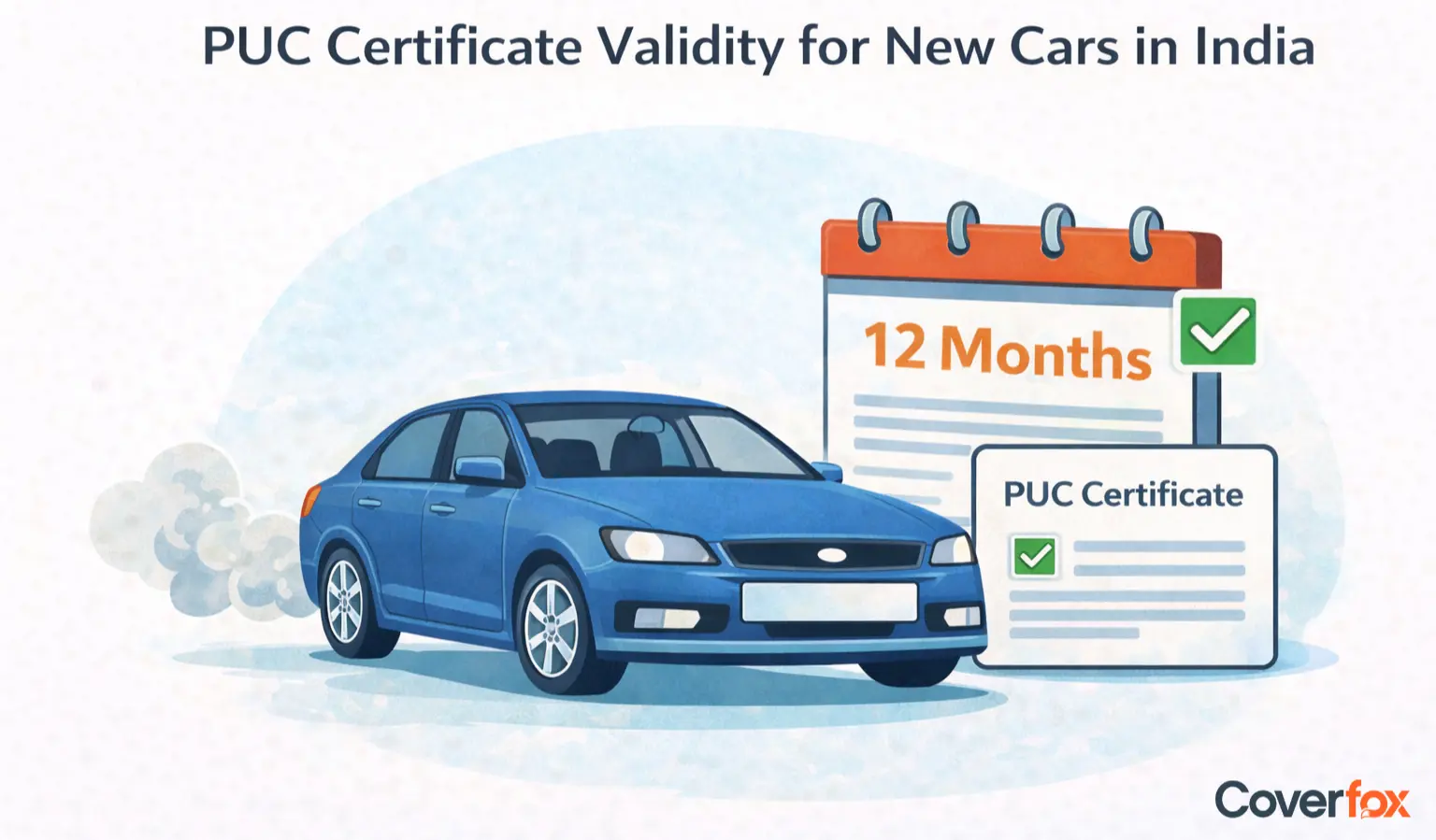
 in Car.webp)
